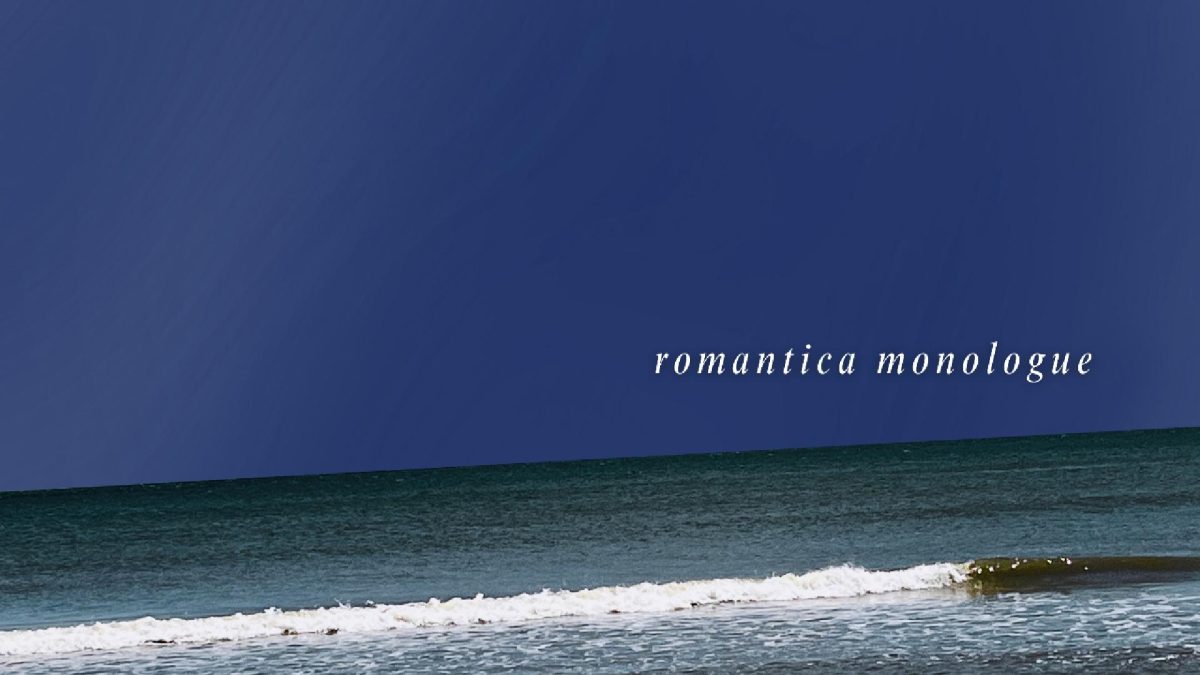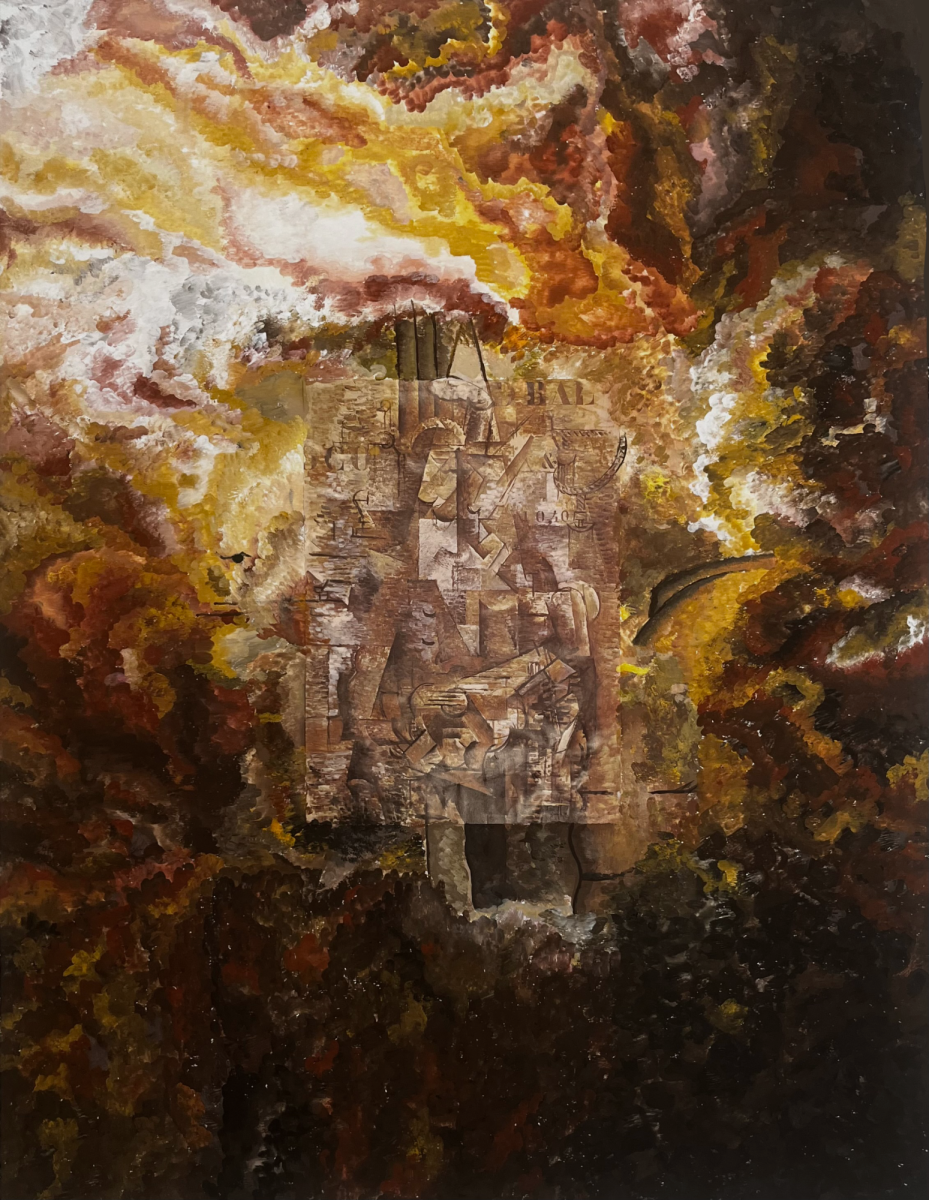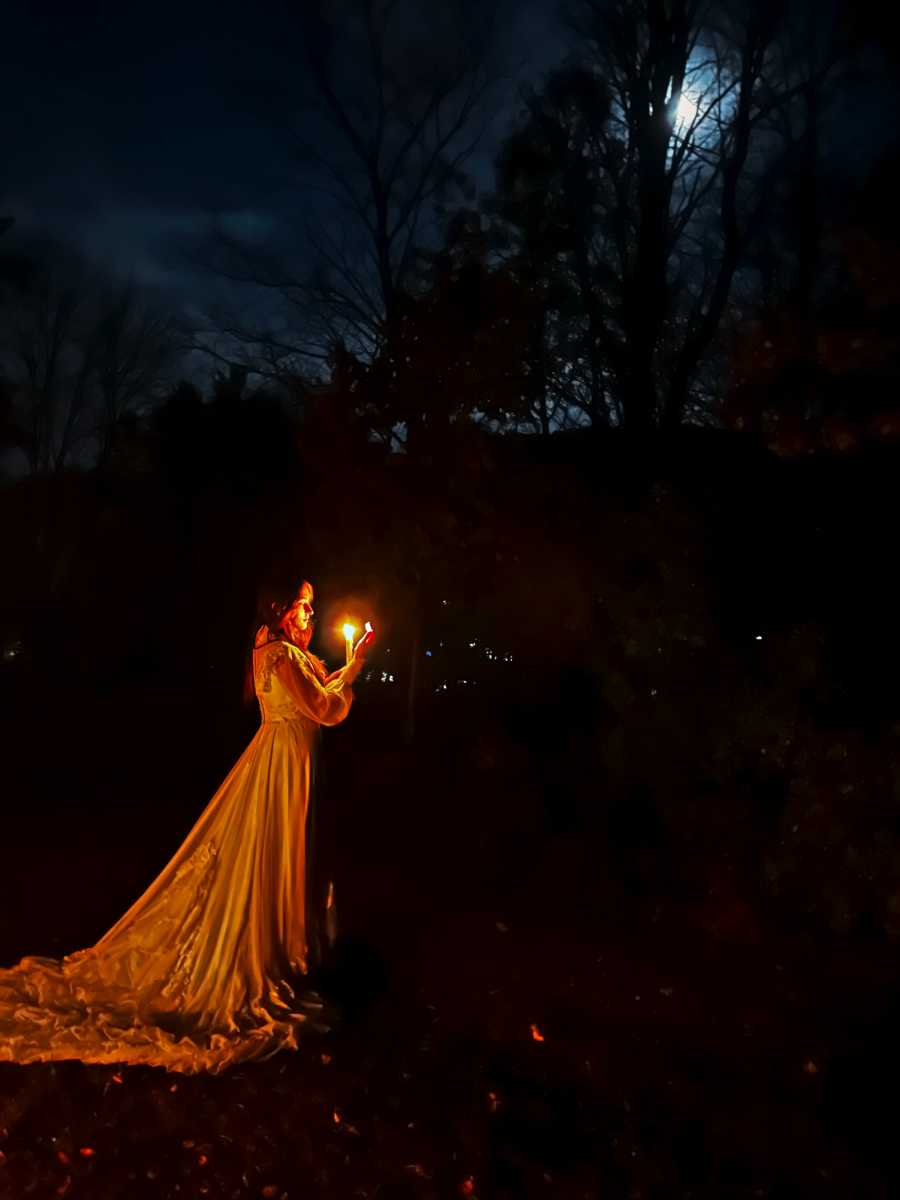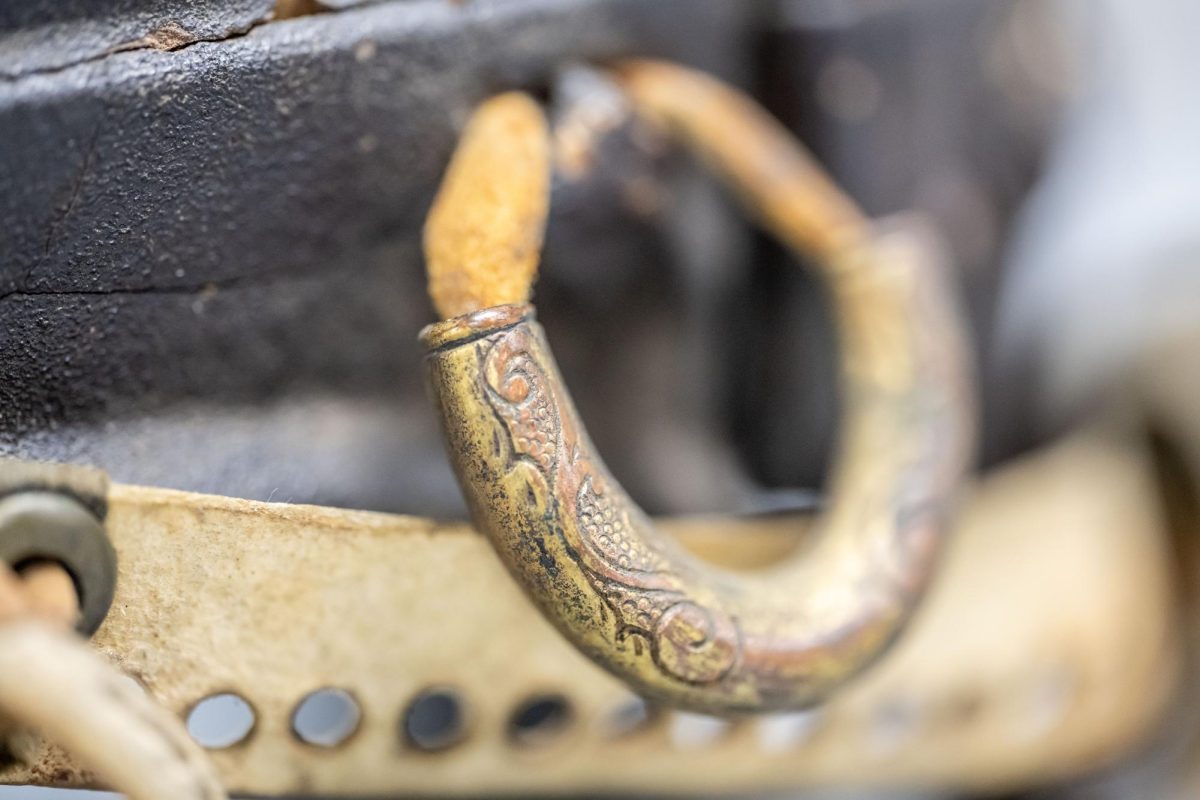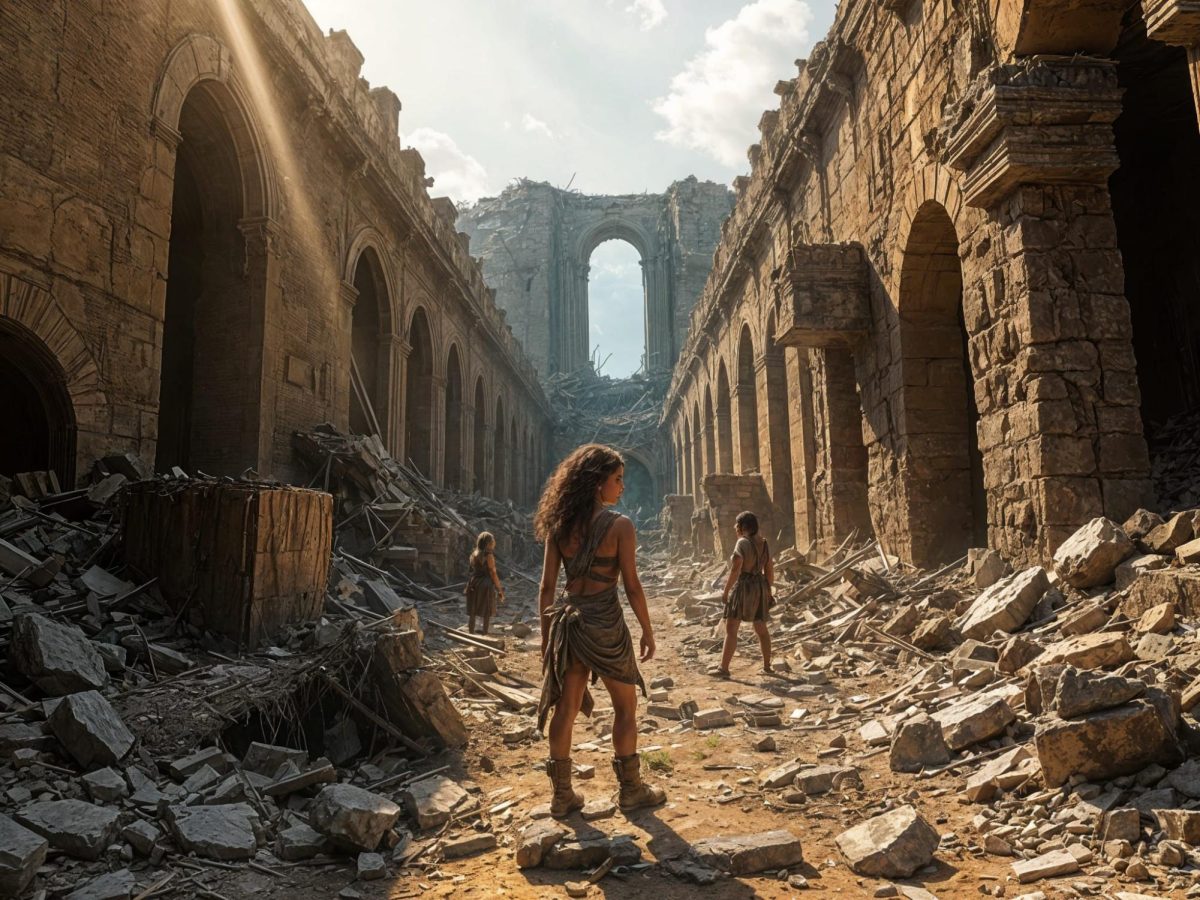- The World Does Not Wait for Grief.
The morning my grandmother died, the sky held its promise of rain but never delivered. Clouds lingered like unsent apologies, and the world spun forward, indifferent. At nineteen, I realized loss is a solitary clock, ticking loudly, while the rest of the world runs silent. We are given no choice but to move alongside it.
- Kindness Can Be Both a Weapon and a Refuge.
A stranger once helped me carry a suitcase up a broken escalator. I don’t remember their face, only the brief weightlessness of their touch. But I’ve also seen kindness wielded like a blade—smiles dipped in acid, compliments that corrode. I learned that kindness is powerful, but its intent always matters more than its action.
- Books Are Maps to Places That Never Were.
At seventeen, I knew books could save us, but I also understood they could destroy us. Lolita taught me the depths of obsession, while Jane Eyre whispered that dignity can be a rebellion. To hold a book is to hold a world that might never exist, except in the small, fragile space between your mind and the page.
- Home Is Not a Place but a Condition.
I grew up thinking home was the white walls of my bedroom, the scent of dill in my mother’s soup, or the sound of the door creaking at 11 p.m. But by sixteen, I understood home as the moment someone says your name with care, the way a song can cradle your heart, or the rare silence of your own mind.
- Loneliness Is Not the Absence of People.
It’s standing in a crowd and feeling as if you’ve forgotten the language they all seem to speak. It’s sitting at a dinner table surrounded by laughter but hearing only the clinking of forks against plates. At fifteen, I accepted that loneliness isn’t cured by proximity but by connection—and connection is rare.
- Dreams Often Ask for More Than You’re Willing to Give.
I dreamed of writing a novel, of speaking my truths into the world. What I hadn’t dreamed of was the loneliness of the process, the way words sometimes refused to form, or how the fear of failure sat on my shoulder, an uninvited guest.
- People Leave, but Their Shadows Stay.
By thirteen, I knew that no one ever truly disappears. Their scent lingers in the sweaters they forgot to take, their laughter stays in old voicemail recordings, and their absence fills rooms like invisible sofas and love chairs. We carry their shadows like scars, both tender and permanent.
- Love Is Not What They Told You.
Love is not the crescendo in a romantic comedy nor the poetry of flowers blooming in spring. It is the quiet choice to stay during the unremarkable days. It is arguing over who left the milk out and realizing you care enough to argue.
- Forgiveness Is for the Forgiver.
At eleven, I learned that forgiveness is not about erasing the offense but lightening the burden of carrying it. It’s a gift we give ourselves, not the person who wronged us.
- The Universe Is Vast, and You Are Small—but Not Meaningless.
I once read that every atom in our bodies was forged in the heart of a star. At ten, I understood the paradox of existence: we are both infinitesimal and extraordinary, a contradiction the universe is happy to keep.
- Not All Answers Will Satisfy You.
Some questions remain mysteries not because they’re unsolvable but because their answers are too painful. I learned to stop asking why someone left, why love turns sour, or why good people die young. Some answers only bruise deeper.
- You Are the Stories You Tell Yourself.
At eight, I realized I was not just my achievements or failures. I was the narrative I crafted—the shy boy who became bold, the dreamer who refused to give up. To rewrite our stories is to rewrite our lives.
- Time Is a Thief, But Also a Giver.
Nineteen felt an eternity away when I was ten, but an eye blink once I arrived. Time stole my innocence but gave me wisdom in return. It’s a trade I neither wanted nor could refuse.
- Pain Does Not Always Announce Itself.
Sometimes, it’s not the storm but the drizzle that soaks through. Pain can creep into life quietly, like a song we didn’t realize was sad until we listened to the lyrics. At fourteen, I learned to listen.
- Art Is the Closest Thing We Have to Magic.
A painting can hold our breath hostage; a symphony can stop our heart. I understood that art doesn’t just imitate life—it transforms it. To create is to perform magic.
- Happiness Is Fleeting but Worth Chasing.
I stopped believing in permanent happiness at sixteen. It’s a butterfly we catch only briefly before it flutters away. But those moments—brief as they are—are worth the chase.
- Not Everyone Will Understand You, and That’s Okay.
There will be people who mispronounce your name, dismiss your ideas, or misunderstand your silences. At seventeen, I learned that you cannot make everyone see you clearly—and you don’t need to.
- There Is Power in Stillness.
The world teaches us to run, to strive, to do. But at eighteen, I learned the quiet power of stillness—of sitting with yourself and hearing the truths that emerge only in silence.
- You Are Always Becoming.
At nineteen, I thought I should already know who I was. But I understood this: life is a constant unfolding, a series of arrivals and departures. We are always in the process of becoming, and that is terrifying and beautiful.
Color swirls around the canvas as the brush spans out. Shades of blues and purple mirroring the night sky. Without my glasses I can’t see the stars through the window. So, I imagine them. Painting light yellow and white blobs. My back starting to protest from being hunched over for hours. Sacrificing my own well-being for the sake of art. I’d do it again in a couple weeks when the full moon rose. Maybe, I’d wear my glasses instead of trying to imagine what the moon’s many craters and divots look like. The world around me stopping and picking up again. Parents making coffee, and getting ready for work, lights in the other rooms of my home turning off and on. The jingle of car keys and muttering of curses as they fall to the floor. My sibling takes the dog out, yelling as Bo tries to eat the pancakes sitting on the counter. His tongue lapping and nose sniffing at the smell of maple. Callouses form on my middle finger and thumb from holding the painted handle of my brush for so long. The house grows silent as everyone leaves for the day. A pit of loneliness growing in my stomach. No one said goodbye. My painting landscape no longer reflects the night sky as the sun comes up and my world changes from rich navy to bright fiery hues. Red skies. A warning for the storm on its way.
Your donation will support the student journalists of Norwich University. Your contribution will allow us to purchase equipment and cover our annual website hosting costs.



